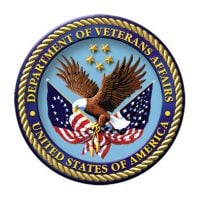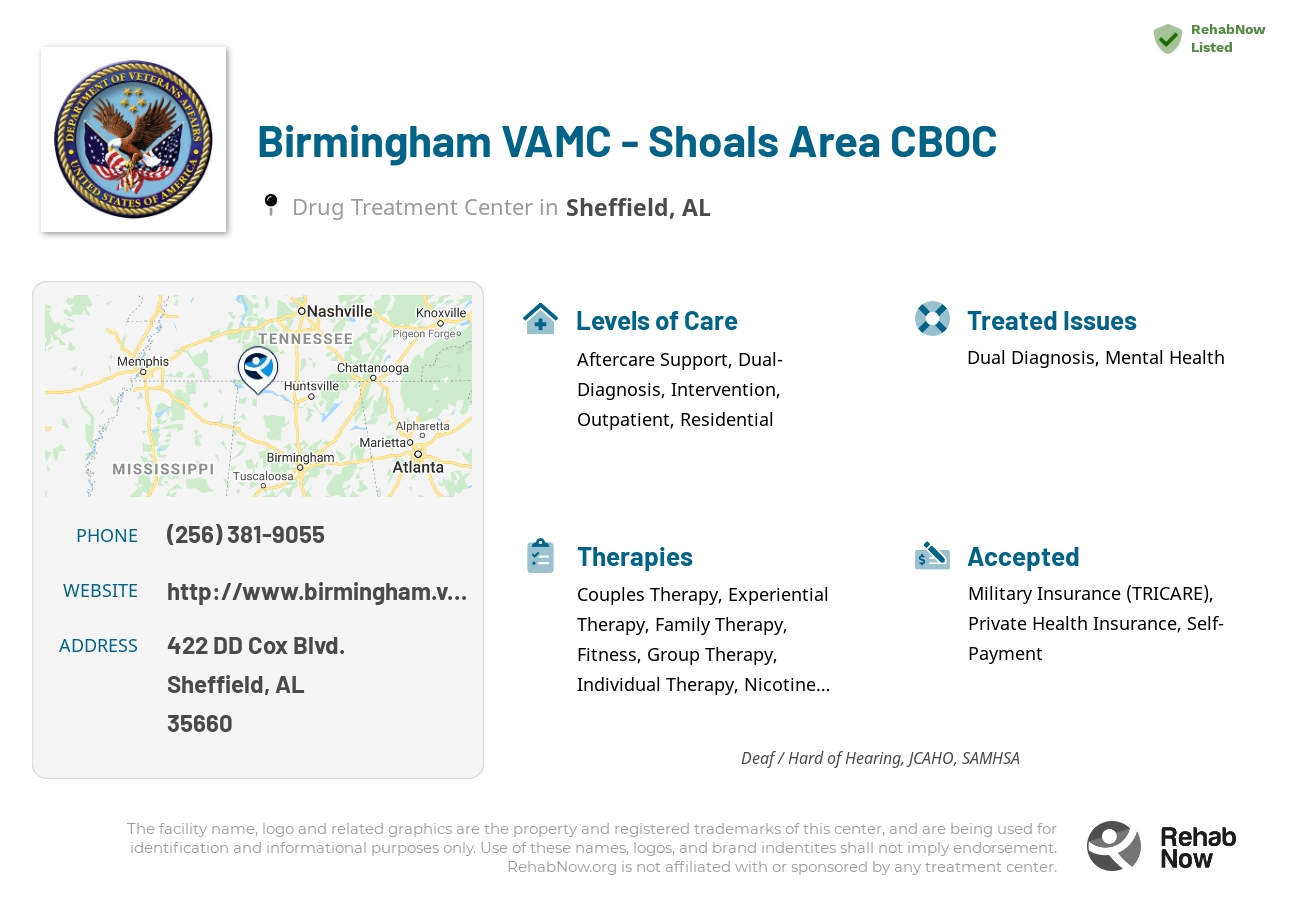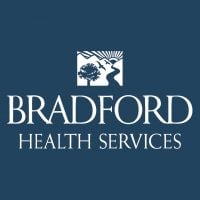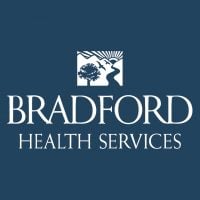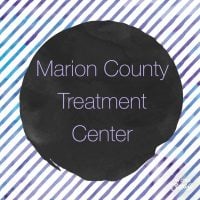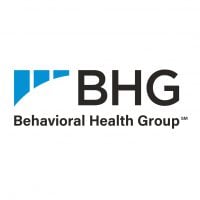Birmingham VAMC - Shoals Area CBOC
Drug Rehab Center in Sheffield, Alabama
Birmingham VAMC - Shoals Area CBOC is an outpatient treatment center in Alabama that provides evidence-based treatments for addiction and substance abuse to active duty service members, veterans, their dependents, and the community.
About Birmingham VAMC - Shoals Area CBOC in Alabama
Birmingham VAMC - Shoals Area VBOC in Sheffield, Alabama, is dedicated to providing mental health and addiction treatment services primarily for veterans and active military personnel. With a focus on outpatient care, this facility stands out by leveraging VA benefits to offer a wide range of services tailored to those who have served our country and are now in need of support to battle addiction and mental health challenges.
- Veteran and Military Focus: Specialized treatment for veterans and active military personnel, recognizing their unique needs in recovery.
- Comprehensive Outpatient Services: Includes psychiatric evaluations, individual therapy, trauma therapy, and dual diagnosis treatment, all on an outpatient basis.
- VA Benefits Accepted: Services are covered by VA insurance, offering support and relief to patients without the burden of high treatment costs.
Birmingham VAMC – Shoals Area VBOC is accredited by The Joint Commission and follows SAMHSA guidelines, ensuring high-quality and evidence-based care. The facility recognizes the importance of a personalized treatment approach, incorporating both traditional and innovative therapies to support recovery and mental health wellness.
The center addresses a broad range of addictions and co-occurring mental health issues. Treatments include methods like EMDR, medication management, individual counseling, and more. With outpatient treatment, clients receive flexible, yet effective care designed to support long-term recovery and mental well-being.
Genders
Ages
Modality
Additional
Accreditations
SAMHSA

JCAHO
Conditions and Issues Treated
When someone in struggles with both addiction and mental or emotional illness, this is considered a dual diagnosis. Dual diagnosis treatment can include therapy for these issues to happen simultaneously, which will allow either of them to be treated effectively.
Sometimes people who have suffered from addiction disorder also suffer from co-occurring disorders such as depression, anxiety, bipolar disorder, etc., making them “dual diagnoses.” Dual diagnoses require specialized treatment programs where drug and alcohol addiction are addressed along with psychiatric illnesses. Some rehabilitation facilities provide patients suffering from cooccurrences a program with highly integrated services and a clean environment with few distractions to help them succeed.
Levels of Care Offered
This center offers a variety of custom treatment tailored to individual recovery. Currently available are Aftercare Support, Dual-Diagnosis, Intervention, Outpatient, Residential, with additional therapies available as listed below.
Outpatient treatment is often used for drug addicts in drug rehab. Outpatient treatment consists of counseling and therapy sessions. This form of treatment is also called ‘day-treatment’. The outpatient treatment process begins with the addict’s initial detox period, lasting about ten days.
Outpatient treatment is used for those who are at moderate risk for ‘slipping back’ into the addiction, for those who:
- Are not currently experiencing any side effects from withdrawal and can handle social pressure
- Can handle stressors that might trigger relapse
- Have a stable living environment or have moved out of their previous environment, which was not conducive to being sober
- Have a support system that allows them to go to a facility a few times a week while still keeping their current responsibilities
- Have no legal obligations, being either on parole or probation, that require them to seek treatment at a mandatory facility
- Are not currently experiencing any side effects from withdrawal and can handle social pressure
- Have a stable living environment or have moved out of their previous environment, which was not conducive to being sober
Residential treatment programs are those that offer housing and meals in addition to substance abuse treatment. Rehab facilities that offer residential treatment allow patients to focus solely on recovery, in an environment totally separate from their lives. Some rehab centers specialize in short-term residential treatment (a few days to a week or two), while others solely provide treatment on a long-term basis (several weeks to months). Some offer both, and tailor treatment to the patient’s individual requirements.
Intervention Programs can be beneficial for those who are not prepared to engage in a recovery program. The individual’s friends and family will call and set up an intervention in or near Sheffield, and at which a specialist will come and lead the discussion. Interventions help family members motivate those affected to seek external support.
People involved in substance abuse usually deny the harmful effects of their changed behavior. They believe they can overcome addiction alone. This, however, can be difficult without external help. Intervention services deploy professionals to help organize meetings between individuals and family members. Family members converse openly with the affected individual and express concern for them. They explain different treatment options and persuade the individual to act immediately.
Completing a drug or alcohol rehab program is only the first step. Then comes aftercare support. These services include sober living accommodations, career counseling, and AA/NA programs for those struggling with sobriety or who want help maintaining it after initial rehab at an addiction facility.
They can last up to a year or more depending on what’s needed most urgently after the earlier stages are completed.
Therapies & Programs
Because no single treatment is effective for all addicts, the goal of treatment and therapy should be to figure out what works best for each individual. Tolerance and withdrawal levels differ from person to person, affecting the treatment intensity required. Addiction treatment should aim to help addicts develop healthy coping mechanisms for dealing with their addiction and its underlying causes.
Couples therapy works with clients and significant others in a professional capacity to improve relationship dynamics. This can be helpful for addicts who are trying to marry the idea of recovery into their work, family, social lives – any aspect that has to do with relationships. Through counseling sessions, addicts will have an opportunity to talk about their addiction with professional partners.
Family therapy is beneficial for people who are in addiction treatment services because it offers addicts the opportunity to work with their family members to better understand what led them to make choices that contributed to their addiction.
This type of therapy helps family members reach a deeper understanding of how they can best support their loved one during recovery. It also helps the addict better understand their own motivations and triggers that led them to turn to substance abuse.
Family therapy can help addicts in the following ways:
- Assists family members in processing difficult feelings so they don’t blame or resent recovering addicts
- Assists family members in understanding how addiction has impacted the addict and everyone who is involved with them
- Allows the addict to take responsibility for their actions, while encouraging improved communication skills
- Helps family members understand how to best support an individual in recovery so addicts don’t relapse again.
Group therapy can help build a stronger support system and give addicts in Sheffield, AL insight into their addiction that they gain through shared conversations. Group therapy occurs in a controlled group environment, exclusive of one on one meetings. This makes it safer for patients to feel comfortable sharing the struggles they’re going through and gaining perspective.
Trauma therapy is beneficial for people who are recovering from drug addiction because it helps them heal from past traumas that may have caused them to turn to harmful substances or led them to experience negative emotions that contributed to their destructive behaviors.
This type of treatment works by processing difficult experiences so individuals can learn how to process these events without having to turn to substances for coping.
Trauma therapy can help addicts in the following ways:
- Helps individuals understand their experiences and emotional responses to difficult events, including why they turned to drugs or alcohol
- Provides them with comfort and support while working through difficult emotions related to these traumatic experiences
- Offers an opportunity for addicts to have a voice and be heard, which can improve their self-esteem
- Can help them develop coping skills so they can better respond to triggers instead of turning to substance abuse.
Cognitive-behavioral therapy is a technique that is used to help people with addiction. Specifically, it is a way of identifying thoughts and behaviors that cause the addiction. It is typically used in an individual counseling session.
The content explains cognitive behavioral therapy and how it works to address some behaviors that may be leading to unintended consequences in their life, as well as its benefits for those seeking sobriety.
It works by helping people to talk through their issues and addressing the thoughts that cause said behaviors. It is an excellent way of learning about oneself and one’s perception of the world.
It’s important to remember that malnutrition can affect your mood and energy level, which affects your desire to get sober. Good nutrition helps keep your body strong against the familiar ravages of drug use–tuberculosis, hepatitis, abscesses, infections, etc. — as well as the physical symptoms of withdrawal. If you’re eating right, you’ll have more energy for productive activities and will have more strength to fight cravings.
Nicotine Replacement Therapy (NRT) has many benefits for drug addicts who also choose to quit smoking. It is an effective technique at this treatment center that provides smokers with the nicotine they are addicted to without inhaling carcinogens from cigarettes to wean them off entirely. You can reduce your risk of heart disease and cancer, irritability, bone loss, stroke, type II diabetes, fertility in women, an enhanced sense of taste and smell.
Patient Experience
Experiential Therapy at Birmingham VAMC - Shoals Area CBOC
Experiential therapy uses engaging activities to help patients access deeper, often hidden emotions. For example, the patient could role-play a problematic situation or engage in activities like drawing, painting, poetry writing, music composition, exercising, or journaling to help process intense feelings.
Experiential therapy is a type of therapeutic approach that focuses on having patients work through problems, issues, or emotions by engaging directly in some real experience. Experiential therapy occurs face-to-face with a therapist who helps these people to explore their feelings first hand.
It is based on the belief that to truly understand and gain insight into oneself and behavior; it is necessary and helpful to have real experiences with the issues involved. Some therapists have developed the experiential therapy approach as a way of treating addictive behaviors or dealing with impulses related to addiction. It comes from an existential school of psychotherapy called ‘experiential existential.’
Fitness Therapy
Fitness therapy allows people to heal while rebuilding their bodies. If they combine it with nutritional therapy, they will feel better and make better choices right from the start of rehab. These activities provide a solid connection between your mind and body, teaching you to create healthy life habits without any addiction.
There are two types of fitness therapy: psychotherapy plus exercise or just exercise plus nutrition education. It is commonly used in Birmingham VAMC - Shoals Area CBOC.
Payment Options Accepted
For specific insurance or payment methods please contact us.
Is your insurance accepted?
Ask an expert, call (888) 674-0062
Birmingham VAMC Associated Centers
Discover treatment facilities under the same provider.
- Birmingham VAMC - Guntersville CBOC in Guntersville, AL
- Birmingham VAMC - Bessemer CBOC in Bessemer, AL
- Birmingham VAMC - Gadsden CBOC in Gadsden, AL
- Birmingham VAMC - Huntsville Clinic in Huntsville, AL
- Birmingham VAMC - Anniston Oxford CBOC in Oxford, AL
Learn More About Birmingham VAMC Centers
Additional Details
Specifics, location, and helpful extra information.
Sheffield, Alabama 35660 Phone Number(256) 381-9055 Meta DetailsUpdated April 15, 2024
Staff Verified
Birmingham VAMC - Shoals Area CBOC Patient Reviews
There are no reviews yet. Be the first one to write one.
Sheffield, Alabama Addiction Information
Opioids, such as heroin, fentanyl, and prescription opioids are related to more than half of all drug-related overdoses in Alabama. Alcohol is the most frequently used substance in Alabama; 85,000 Alabamians use cocaine every single year. In Alabama, there are four times as many vehicle crashes involving alcohol as there are normal vehicle crashes.
Treatment in Nearby Cities
- Carrollton, AL (105.6 mi.)
- Columbiana, AL (124.9 mi.)
- Jacksonville, AL (127.4 mi.)
- Florence, AL (3.5 mi.)
- Vernon, AL (72.8 mi.)
Centers near Birmingham VAMC - Shoals Area CBOC
The facility name, logo and brand are the property and registered trademarks of Birmingham VAMC - Shoals Area CBOC, and are being used for identification and informational purposes only. Use of these names, logos and brands shall not imply endorsement. RehabNow.org is not affiliated with or sponsored by Birmingham VAMC - Shoals Area CBOC.
